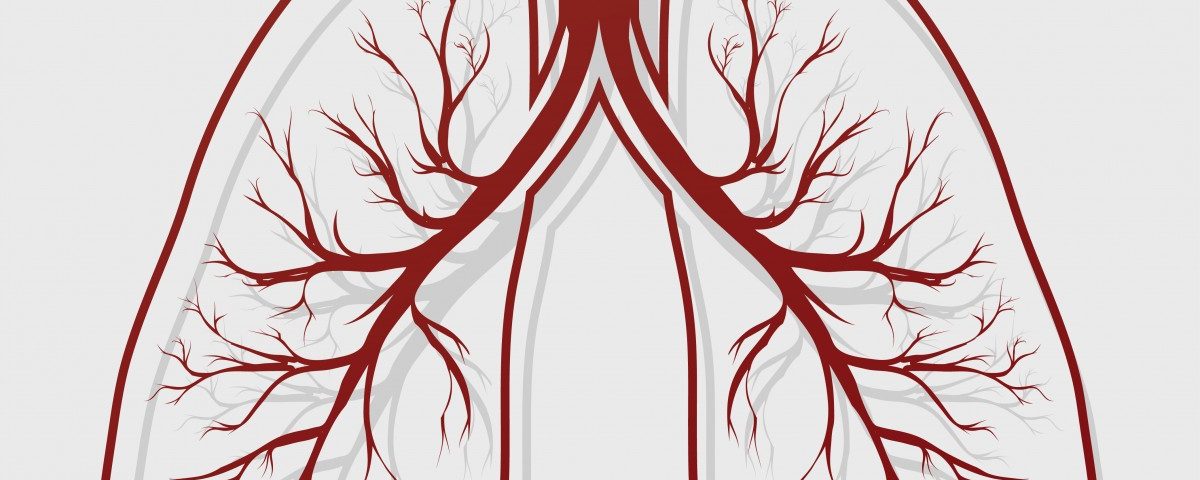Patients with both bronchiectasis and chronic obstructive pulmonary disease (COPD) experience more frequent and longer exacerbations than patients with COPD only, according to a new study. Researchers called for an appropriate diagnosis of patients with both conditions to ensure proper clinical treatment and prevent life-threatening scenarios among these patients.
The study, published in the journal Medical Sciences, was titled “Exacerbations In COPD Patients With Bronchiectasis.”
COPD is a lung disease associated with high morbidity and mortality, and several studies have suggested that bronchiectasis may influence the outcome of patients with this disease.
According to some studies, up to 50 percent of patients with moderate to severe COPD also have bronchiectasis, and these patients are known to have more severe symptoms and increased mortality. As of 2014, bronchiectasis is considered a disease that accompanies COPD by the Global Initiative for Chronic Obstructive Lung Disease (GOLD).
The aim of the study was to investigate the frequency and severity of bacterial exacerbations in COPD patients with bronchiectasis. Exacerbations are episodes of sudden worsening of respiratory symptoms due, for example, to bacterial infection.
Researchers followed 54 COPD patients for one year, annotating the frequency and duration of bacterial exacerbations and the duration of the exacerbation-free interval. Of this group, 27 patients had both bronchiectasis and COPD, and the remaining 27 COPD-only patients served as controls in the study.
Patients with both conditions had a significantly higher mean number of exacerbations over a year compared to COPD-only patients (2.9 times vs. 2.5 times, respectively). Also, the duration of exacerbations (number of days before symptoms completely improved) was significantly longer in COPD-bronchiectasis patients compared to COPD patients (about 6.9 days compared to around 5.7 days, respectively).
Also, COPD-bronchiectasis patients experienced much shorter exacerbation-free intervals compared to COPD-only patients (about 56 days compared to 67 days, respectively).
“Overall, our findings indicate that coexisting [bronchiectasis] in COPD patients may lead to more frequent exacerbations with a longer duration,” the researchers wrote. “Our findings support the theory that early identification of patients with COPD and [bronchiectasis] would be an important advance, as it will provide opportunities to start an appropriate treatment.”

